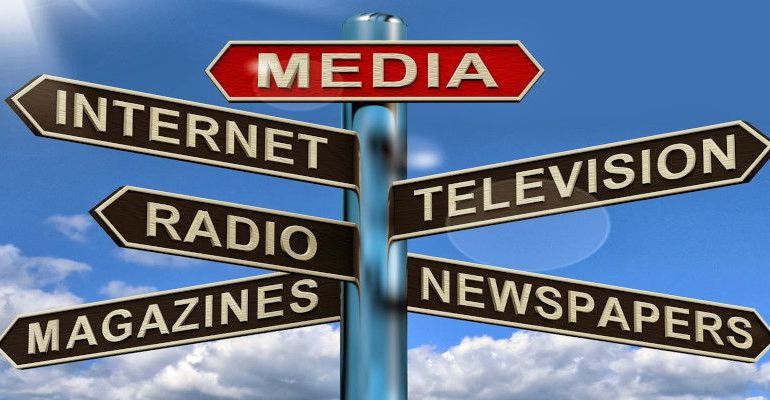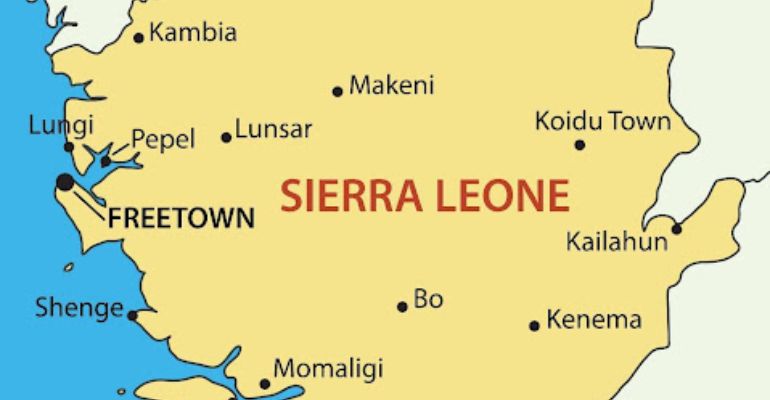In an age characterized by interventionism, protectionism, wars, dictatorial powers, corruption, inequality, immorality and intolerance, the call for a free society is the most pressing need. This cannot be achieved without knowledge about the effect of totalitarianism. The Principles for a Free Society deepen understanding of how people across the globe could think independently of themselves and the general good of others. These principles give reasons to the rise and fall of societies and the many factors that hinder prosperity, rights and freedoms and individual wellbeing.

Prof. Ashford is a recipient of the International Anthony Fisher Prize, a U.S.-based academic, author and a libertarian scholar who is currently serving as the Programs Officer at the Institute of Humane Studies.
Below are 20 quotes from Principles for a Free Society, a book by Dr.Nigel Ashford in collaboration with Jarl Hjalmarson Foundation:
1. “The idea of civil society is a product of civilisation”.
2. “Of all the institutions of civil society, perhaps the most important is the family. Its role as an educator, provider and rearer of children is unequalled by any other institution. The family is such a unique source of moral values and focus for human feelings that Ferdinand Mount has labelled it a subversive institution. It stands between humanity and the nightmare vision of Brave New World, or even of Plato’s republic in which children are wards of the state”.
3. “A strong civil society acts as a barrier against tyranny because it maintains a moral order which protects and sustains the values of freedom”.
4. “Together with most proponents of moral equality, one should reject equality of outcome as a desirable goal. First, it is unnatural. The natural condition of man is to have inequality of material possessions. It requires unnatural and coercive acts to change it. Individuals left to their own devices will rapidly achieve differences in incomes, wealth and living standards”.
5. “By undermining civic institutions, big government strips the individual of protective layers which stay the hand of intrusive government. When those layers between government and individual are shed, the individual is left defenceless against the enemies of the open society who would subordinate the freedom of the individual to the authority of the state”.
6. “The concept of civil society is inseparable from the idea of freedom. It is a common mistake to suppose that an individual existing alone can be free, and that freedom is the absence of restraint. The theory of civil society reminds us that a state of freedom is one in which just restraints are applied to men and that it is by their association with one another that the condition of each is improved”.
7. “People in poor countries usually labour long hours but their ability to provide the consumer with what he wants and their rewards for doing so are limited by the intervention of government”.
8. “Whilst economic freedom does inevitably lead to a degree of inequality in people’s incomes and wealth, attempts to go further and to redistribute income and wealth from the wealthy to the less well off shrinks the economy, destroying economic opportunity for those who need it the most. Attempts to use government to determine people’s incomes and wealth creates an arbitrary society in which access to political power determines people’s income and wealth. This sort of inequality is more harmful to the poor than inequalities of wealth and income under free enterprise, because free enterprise rewards people with high incomes only as long as they serve the customer better than others. It allows people to serve their own interests only insofar as they use their property and labour to serve the interests of others. Free enterprise maximises the opportunities of the poor to get out of poverty and makes society a cheap place to live in”.
9. “Free enterprise is the economic system based on the voluntary exchange of goods and services, in which the people determine their own economic affairs, by deciding where they work, or invest, how to spend or save the fruits of their labour, and with whom they trade”.
10. “Free enterprise raises workers’ wages by stimulating people’s willingness and ability to produce that which their fellow man requires. That is the principal reason why it takes fewer man hours to earn enough money to buy a television, an automobile or a personal computer in the USA than it does in Russia”.
11. “The enemy of civil society is not individual liberty, but government. Government tears up the bonds that connect us to each other because it collects and centralises power and resources, and undermines our civil loyalties by making demands on our time, our money and our compassion. These demands loosen the ties that bind us together by depriving us of the material and emotional resources we would normally invest in one another”.
12. “However toleration should not apply to every action. When someone else is directly harmed by another’s action that should be condemned and perhaps punished. A demagogue calling for foreign immigrants to be killed and their homes burned should be prosecuted for encouraging violence. Coercive acts such as rape should be punished. Sexual acts between adults and children, even if voluntary, should be forbidden because young children are incapable of understanding the consequences of their actions. There are also limits to how much forbearance is justified. There is a considerable difference between the use of government force and power and the personal expression of disgust and offence. It may be appropriate to criticise someone who has failed to be faithful to their spouse but it would be wrong to fine or imprison the faithless spouse”.
13. “One may wish to condemn boxing as a violent and inhumane sport but as long as those who participate do that voluntarily and in knowledge of the potential dangers, boxing should not be banned. A Roman legal principle is particularly apposite here: “to one who consents, no injury is done. The same principle applies to sado-masochism”.
14. “One source of intolerance is fundamentalism, the assumption that one cannot be wrong. This is at the core of the belief system of totalitarians of the left and right, communists or fascists”.
15. “Political Correctness (PC) is the use of language about socially sensitive matters, such as race and gender, in a way designed not to offend and would seek to ban the expression of ideas that would give offence. As a matter of politeness, one should always try to avoid causing unnecessary offence. But PC language manages to create offence to others by restricting their freedom of speech, so it is self-defeating. It seeks to censor thought and expression either through the law or through a high degree of social pressures, delegitimating as unspeakable certain ideas”.
16. “In order to live with others in a diverse and pluralistic society, respect for the rights and liberties for all to lead their own lives is a necessity. One of the central features of civilised behaviour is that one should not use violence to solve conflicts. However that does not absolve one of the responsibility of criticising the immoral behaviour of those with whom one disapproves. It only limits the methods that one can use. Humility and an acceptance of human fallibility must be combined with a search for the truth and disdain for those who refuse to allow their ideas and behaviour to be open to criticism”.
17. “This became one of the themes of the nineteenth century, the rise of freedom as the primary political value. In the twentieth century it came under threat from two sources: those who argued that freedom was a minor value that should be subordinated to the achievement of a higher goal, such as communism or a racially pure state, and from those, such as socialists, who sought to change the concept of freedom to justify a more extensive interference in people’s lives by government”.
18. “Freedom is identified with limited government and the free market”.
19. “The individual is the best judge of his own interests”.
20. “There is no conflict between freedom and order, or the common good or the interests of others. Freedom operates in the long-term interests of all”.












